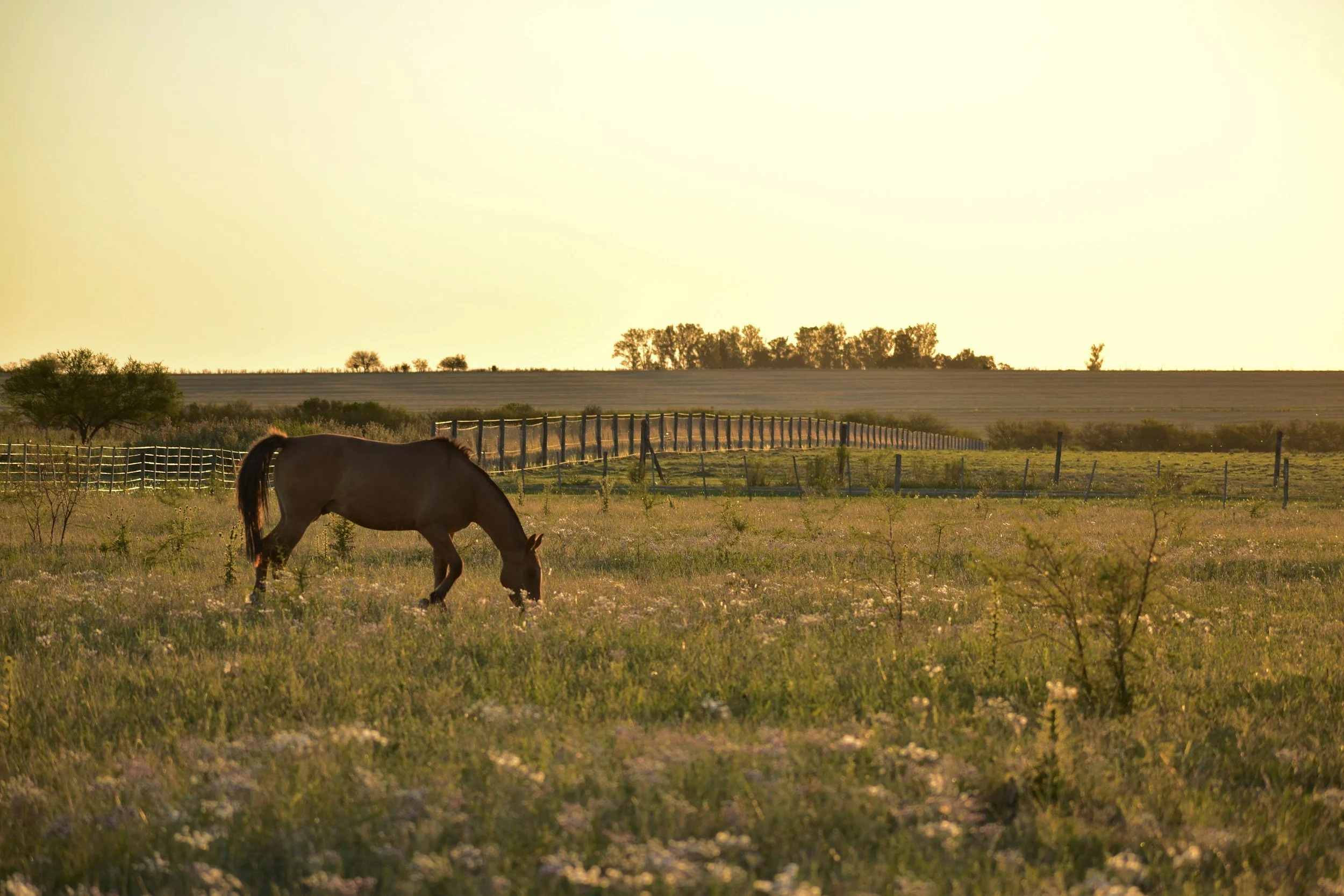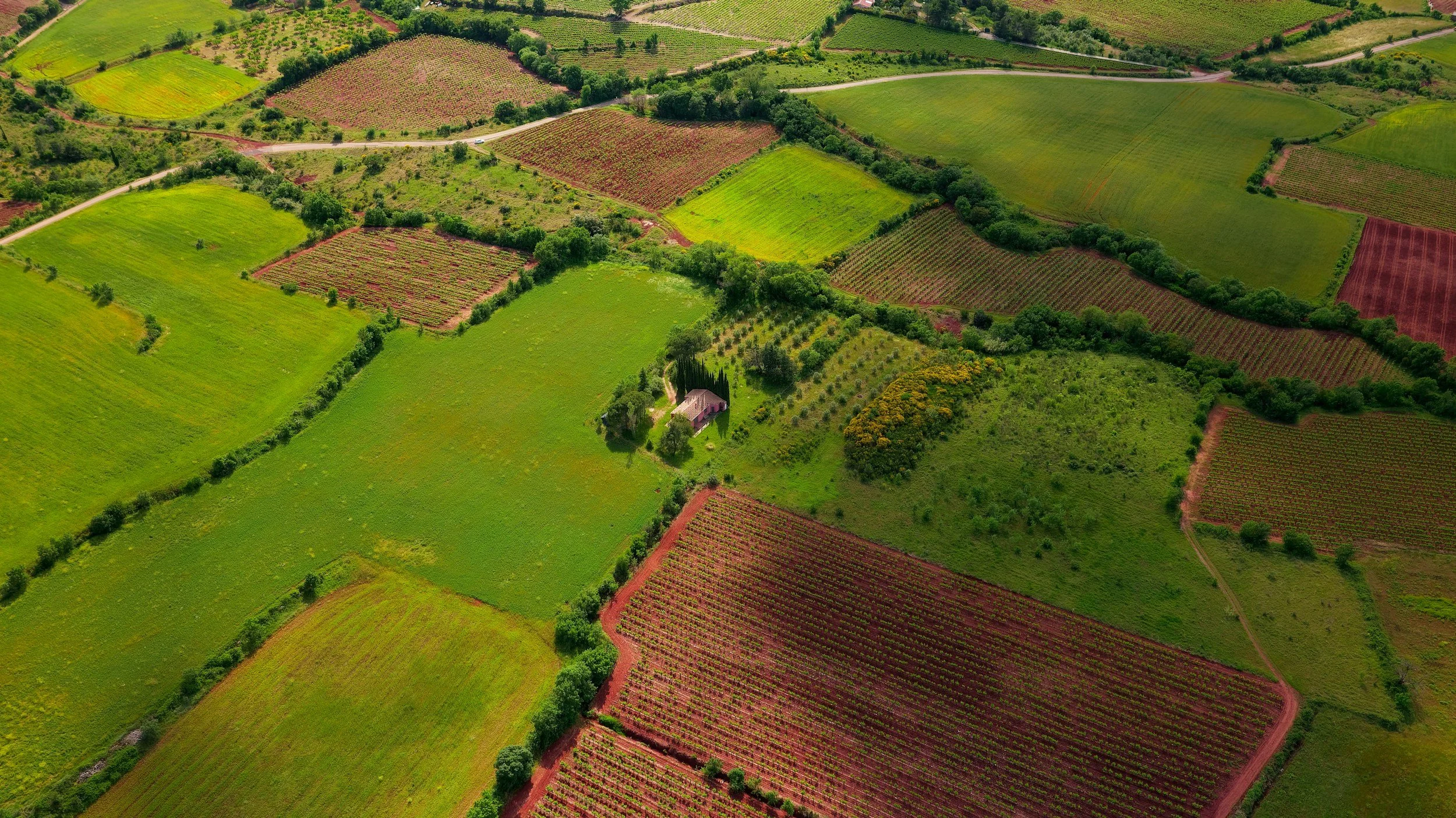The Northern Indiana Public Service Company (NIPSCO) has decided to install a 100-mile electrical transmission line starting in Reynolds, Indiana and ending in Topeka, Indiana. This $270 million dollar transmission line is supposed to help improve Indiana’s access to wind and solar renewable energy and maybe even lower the cost of energy and reduce greenhouse gases. However, this new powerline has been a matter of dispute with local Northern Indiana farmers who are complaining that the 100-mile powerline is interfering with their farms.
Does Mandatory GMO Labeling Further a Compelling Public Interest?
In 2016, Congress passed a law requiring labeling of bioengineered food products, more commonly known as Genetically Modified Organism or GMO food products. Many believe this mandatory labeling requirement is unconstitutional. The reason for this belief, surprisingly, derives from a 2015 Supreme Court case regarding road signage in Arizona.
Hemp, Hemp, Hooray! Hemp Supporters Praise McConnell for His Success in Permitting Interstate Transportation of Hemp Through the 2016 Farm Bill
On July 16, 2015, by a 28-2 vote, the United States Senate Appropriations Committee approved the Agriculture, Rural, Development, Food and Drug Administration, and Related Agencies Appropriation Bill (S.1800) for fiscal year 2016. This bill, commonly referred to as the Federal Farm Bill, supports agriculture cooperative conservation and rural community programs implemented by the United States Department of Agriculture (USDA). Through these programs, the USDA promotes and financially supports essential nutritional needs for the elderly and for children and their families, as well as food and drug safety.
Children: Too Young to use Tobacco, but Old Enough to Harvest?
Child labor is alive in the United States. Almost a century after the 1938 Fair Labor Standards Act was passed and despite numerous amendments, loopholes still remain that allow young children to work for excessive hours in dangerous environments with unfair compensation. The agricultural field, more precisely the tobacco industry, has benefited from child labor due to the shortcomings of the Fair Labor Standards Act.
Trademark Infringement Lawsuits Could Inhibit Two Growing Kentucky Industries
Liquor industry giant Sazerac Co. (Sazerac) has been involved in numerous trademark infringement lawsuits in recent years. For example, in September, Sazerac filed suit against Stout Brewing Company LCC claiming that Stout Brewing tried “to pass off its own product [Fire Flask] as Fireball Cinnamon Whiskey.” The companies settled the dispute on Sept. 22, and Stout Brewing agreed to “cease selling its product with infringing labels and redesign its label.
$349 Million to Light the Way to a Brighter Future in Rural America
On July 21, 2015, the U.S. Department of Agriculture announced $349 million in funding to be used for the improvement of electric infrastructure in thirteen states. The funding for the projects is provided through the USDA Rural Development’s Electric Program. According to U.S. Agriculture Secretary Tom Vilsack, the goal of the funding is to improve electric systems in rural communities in an effort to “build a sustainable and dynamic future for rural residents and businesses.
Local Food Movement Builds in Kentucky
The local food movement is growing stronger and is expanding exponentially across the United States. Local Food sales topped $11.7 billion last year according to the United States Department of Agriculture (USDA) which has invested more than $800 million in more than 29,100 local and regional businesses and infrastructure projects. This investment is part of a federal initiative called “Local Foods, Local Places,” which invites communities to participate by providing direct technical support to build strong local food systems.[ii] Over 4,000 local and regional food businesses and projects – including food hubs, farm-to-school programs, and initiatives to expand health food access to low-income communities – can be pinpointed in every state across the country. Kentucky leads the nation in participation in this federally funded local food project.
Impact of California’s Drought on Wine Industry
With the continuing drought in California, the agricultural industry may be fearful of losing its top spot on the ERA’s list for the top agricultural producing state— worth roughly $46 billion and employing 1.7 million people. However, one particular crop may not be as threatened as the rest—California’s celebrated grapevine.
Urban Agriculture on the High Rise: How Vertical Farming will Influence the World’s Cities
Dr. Dickson Despommier, professor of public health at Columbia University, created the concept of “vertical farming” back in 1999. Dr. Despommier and his students discovered that with a city, like New York, instead of looking towards flat land for food growth, the city should start looking up. Dr. Despommier and his class on medical ecology estimate that 30-story vertical farm towers could feed 50,000 people.














